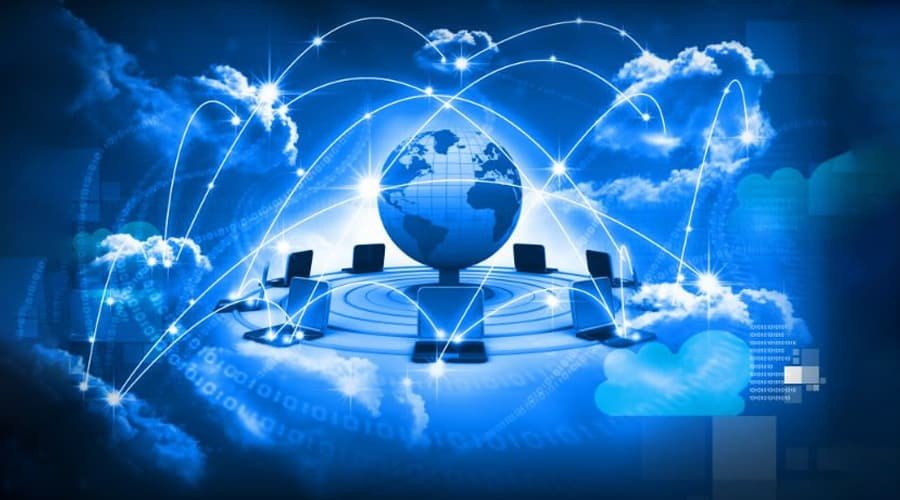Source – https://www.analyticsinsight.net/
Edge computing plays a crucial role in supporting the future development of business.
As technology use has grown dramatically during the pandemic, producing increased volumes of significant business data, organizations are going to the edge to assist with speeding up growth and drive business transformation. Indeed, this is the data age, and data is produced at exponential levels. Notwithstanding, if the physical data storage devices for the cloud are far away from where the information is gathered, it is exorbitant to move this data on the grounds that the bandwidth costs are crazy and there is additionally a higher data latency. Enter Edge Computing.
According to a report by IDC, by 2025, 175 zettabytes (or 175 trillion gigabytes) of data will be created throughout the planet. Edge devices will make more than 90 zettabytes of that data.
This data explosion has triggered desperation among organizations hoping to expand their utilization of technologies like artificial intelligence (AI), edge computing, and 5G communications. Edge computing technology can play a crucial role in driving efficiencies and supporting the future development of business. Business leaders are addressing the infrastructure demands of upcoming technologies and the job that edge computing can do is driving competitive advantage through accelerated digital transformation. The edge is where organizations can transform their ideas into reality.
Edge cloud computing is significant on the grounds that it makes better ways for industrial and large-scale organizations to amplify operational effectiveness, enhance performance and safety, automate all core business processes, and guarantee consistent availability. It is a significant technique to undergo the digital transformation of how one can do business.
In a highly connected world, where workforces are dispersed, smart devices are multiplying and the quality of customer experiences is a higher priority than ever. Hence, latency matters. High latency intrudes data flow and reduces application performance, which can affect business processes.
Edge computing technology moves computation and storage resources nearer to where data is produced and consumed, decreasing the distance that significant data needs to travel. This diminishes latency, speeds up the accessibility of data, mitigates bandwidth pressure, and reduces the expense of supporting the movement of massive amounts of data.
Edge computing applications are additionally assisting with providing exceptional patient care and improving the efficiency of medical services in healthcare by empowering incessant patient monitoring and data collection, incorporation of electronic health records, and AI-powered patient data analysis. Deep learning is utilized in image-based diagnostics to speed up the identification of medical problems and save lives. With edge computing, Philips figured out how to speed CT scan imaging by 188 times without the need for hardware acceleration.
Edge cloud computing works inseparably with the cloud to give a flexible solution depending on the data collection and analysis needs of every enterprise. For real-time collection and analysis, the edge is ideal for specific jobs. Simultaneously, the cloud can give a concentrated location for large-scale analytics. Together they give real-time and longer-term insights into performance and other initiatives like machine learning and asset performance management.
Edge computing devices can also accelerate the development of smart cities. Smart cities rely upon gigantic sources of data and the inborn decentralization of Edge Computing is the ideal answer to prevent system collapses while simultaneously working on the effectiveness of all the elements of a smart city. Edge computing examples in smart cities include self-driving vehicles, smart grids, public transport, etc.
Many retail stores are also adopting different technologies. This implies that customers can swipe into the store with their smartphone application or a QR code and begin picking anything they desire to purchase. Then, customers can simply leave the store and the cost of whatever they have purchased will be automatically deducted from their balance or bank account. Retail stores can do this utilizing a blend of motion sensors and in-store cameras to analyze what all customers are purchasing.
In any case, this likewise requires edge computing as too much delay in data analysis can cause the customers to simply get stuff and leave for free! One edge computing example is the Amazon Go store which was launched in January 2018.
Presently, we are stretching out these advantages to the edge to improve operational productivity and further develop performance and safety, while decreasing unplanned downtime and cost. Edge computing can make our lives simpler, proficient, and more useful.
